3,000-year-old 'lost golden city' unearthed in Egypt
Relics 11:04 AM - 2021-04-10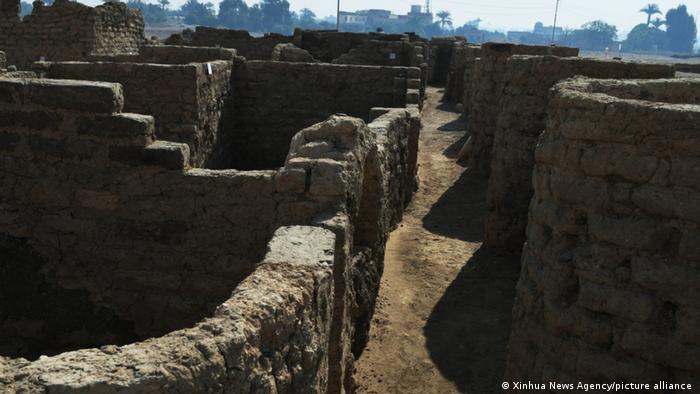
Photo Credit: Reuters
The presumably largest ancient city to ever be uncovered in Egypt is considered to be the biggest archaeological discovery in the country since Tutankhamun's tomb was unearthed almost a century ago.
Archaeologists have unearthed the remains of an ancient city dating back 3,000 years, which they describe as the "largest" ever found in Egypt. The renowned Egyptologist Zahi Hawass announced the discovery of the "lost golden city" located near Luxor, home of the legendary Valley of the Kings.
In a statement released on Thursday, the excavation team said the city "was lost under the sands and dates to the reign of Amenhotep III and continued to be used by Tutankhamun and Ay."
Biggest discovery since Tutankhamun's tomb
Betsy Bryan, professor of Egyptian art and archaeology at Johns Hopkins University, described the find as the "second most important archaeological discovery since the tomb of Tutankhamun" nearly a century ago.
Excavations began in September 2020 between the temples of Ramses III and Amenhotep III near Luxor, some 500 kilometers (300 miles) south of Cairo. Within weeks, the team discovered mud brick formations that ran in all directions.
After seven months of excavations, several neighborhoods have been uncovered, including a bakery complete with ovens and storage pottery, as well as administrative and residential districts.
'Golden age of the pharaohs'
Items of jewelry have also been unearthed, along with colored pottery vessels, scarab beetle amulets and mud bricks bearing Amenhotep III's seals.
Ancient historians say Amenhotep III inherited an empire that stretched from the Euphrates River in modern Iraq and Syria to Sudan and died around 1354 BC. His reign, which lasted over four decades, was renowned for its opulence and grand monuments, including the Colossi of Memnon — two massive stone statues near Luxor that represent him and his wife.
Bryan said the city "will give us a rare glimpse into the life of the ancient Egyptians at the time where the empire was at its wealthiest."
Egyptian archaeology trending
Last week, Egypt had transported the mummified remains of 18 ancient kings and four queens across Cairo from the iconic Egyptian Museum to the new National Museum of Egyptian Civilization. The elaborate procession was dubbed the "Pharaohs' Golden Parade."
Among the 22 bodies were those of Amenhotep III and his wife, Queen Tiye. The transportation was livestreamed for audiences around the world to watch.
PUKmedia / DW
More news
-
German Forces Commander Ended his Mission at Mam Jalal's Grave
12:28 PM - 2024-04-23 -
Golden Bla Awards Ceremony Takes Place in Sulaymaniyah
11:32 AM - 2024-04-23 -
PUK Official: PUK is Committed to Holding Elections on Time
11:04 AM - 2024-04-23 -
Turkish President Meets Kurdish Officials in Erbil
10:42 AM - 2024-04-23


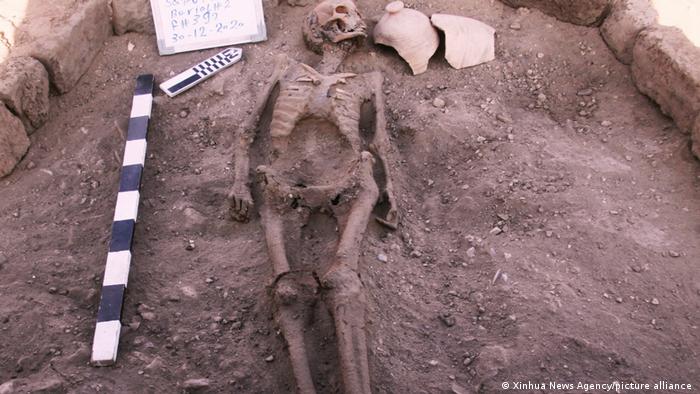
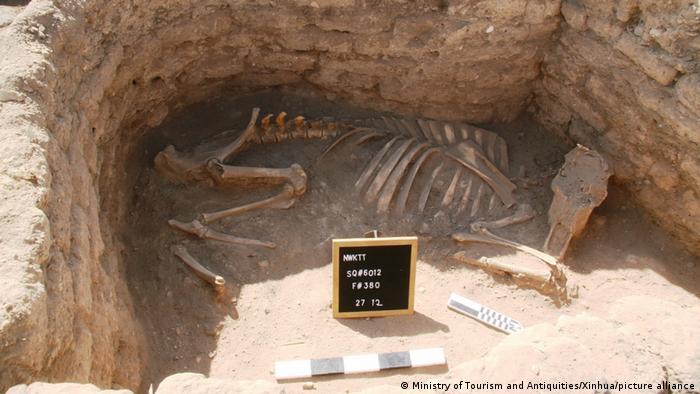
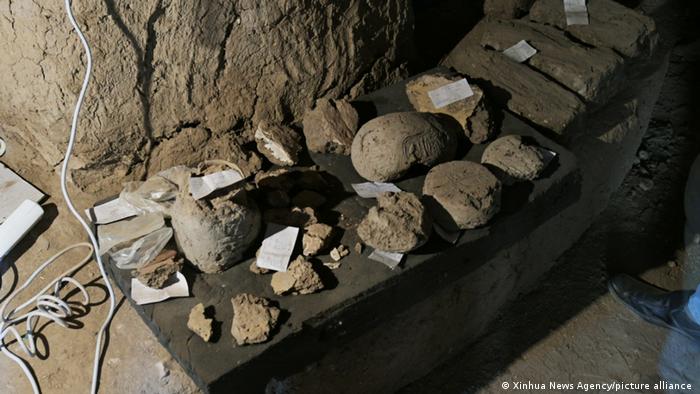
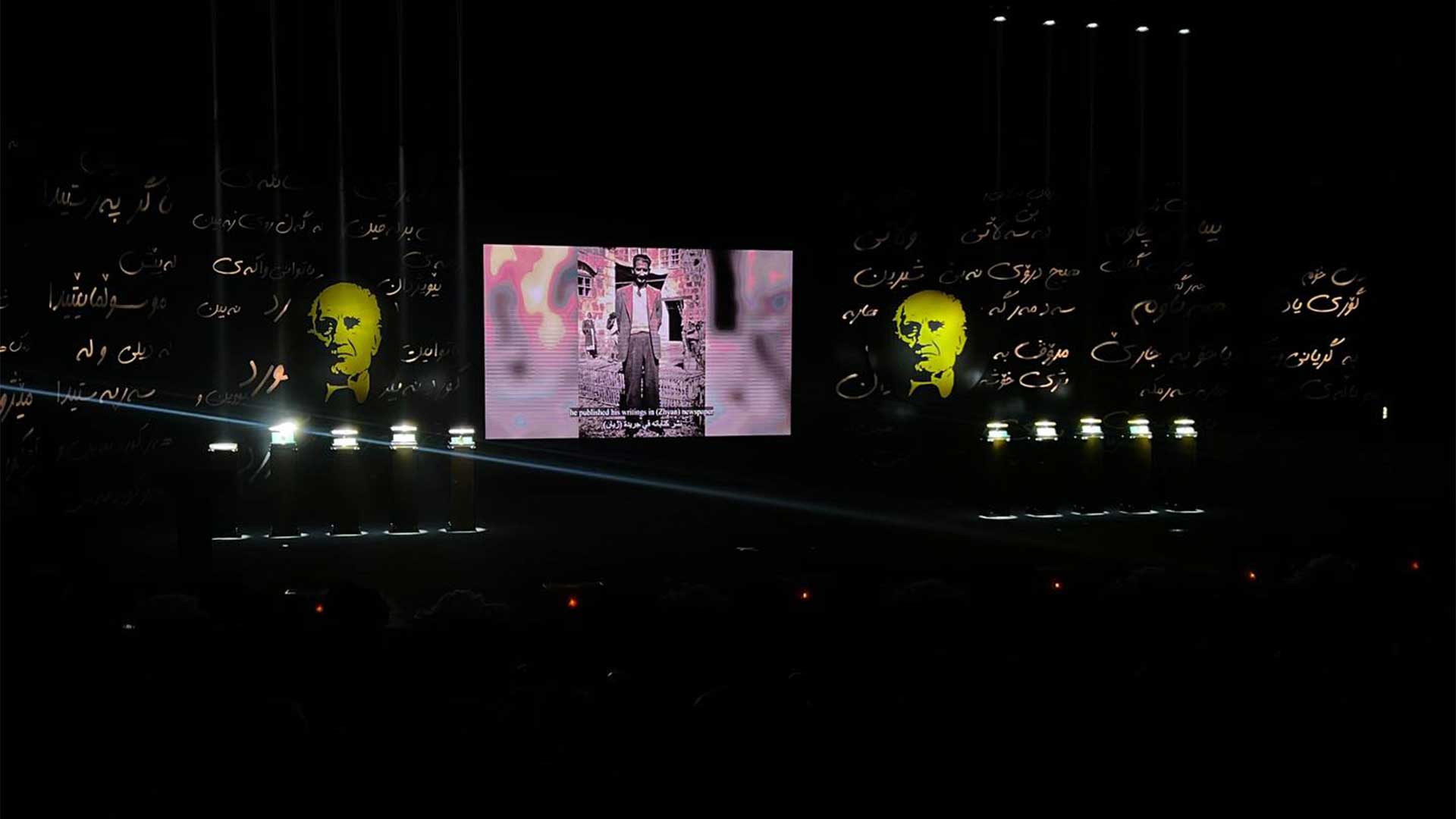

.jpg)
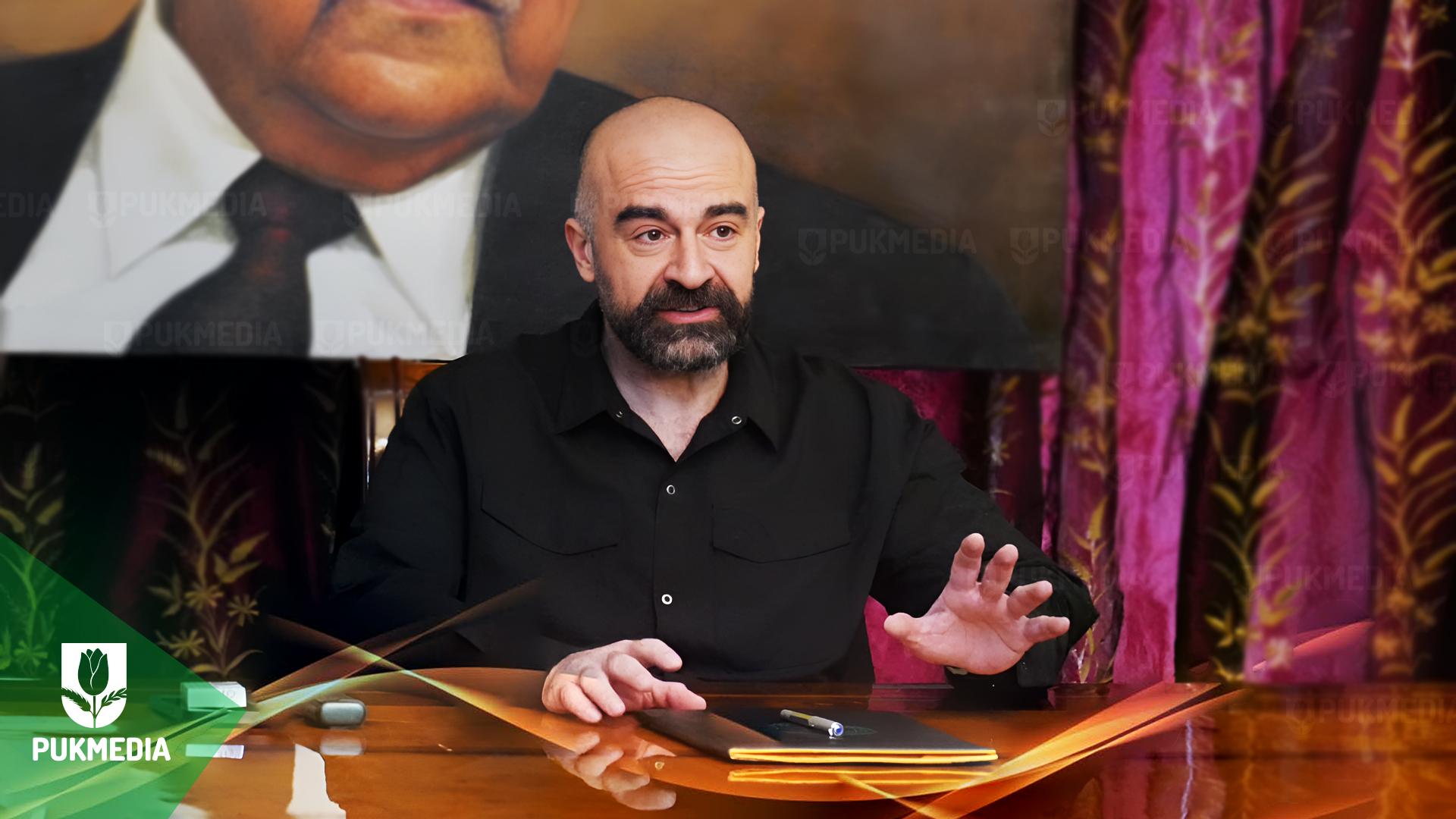
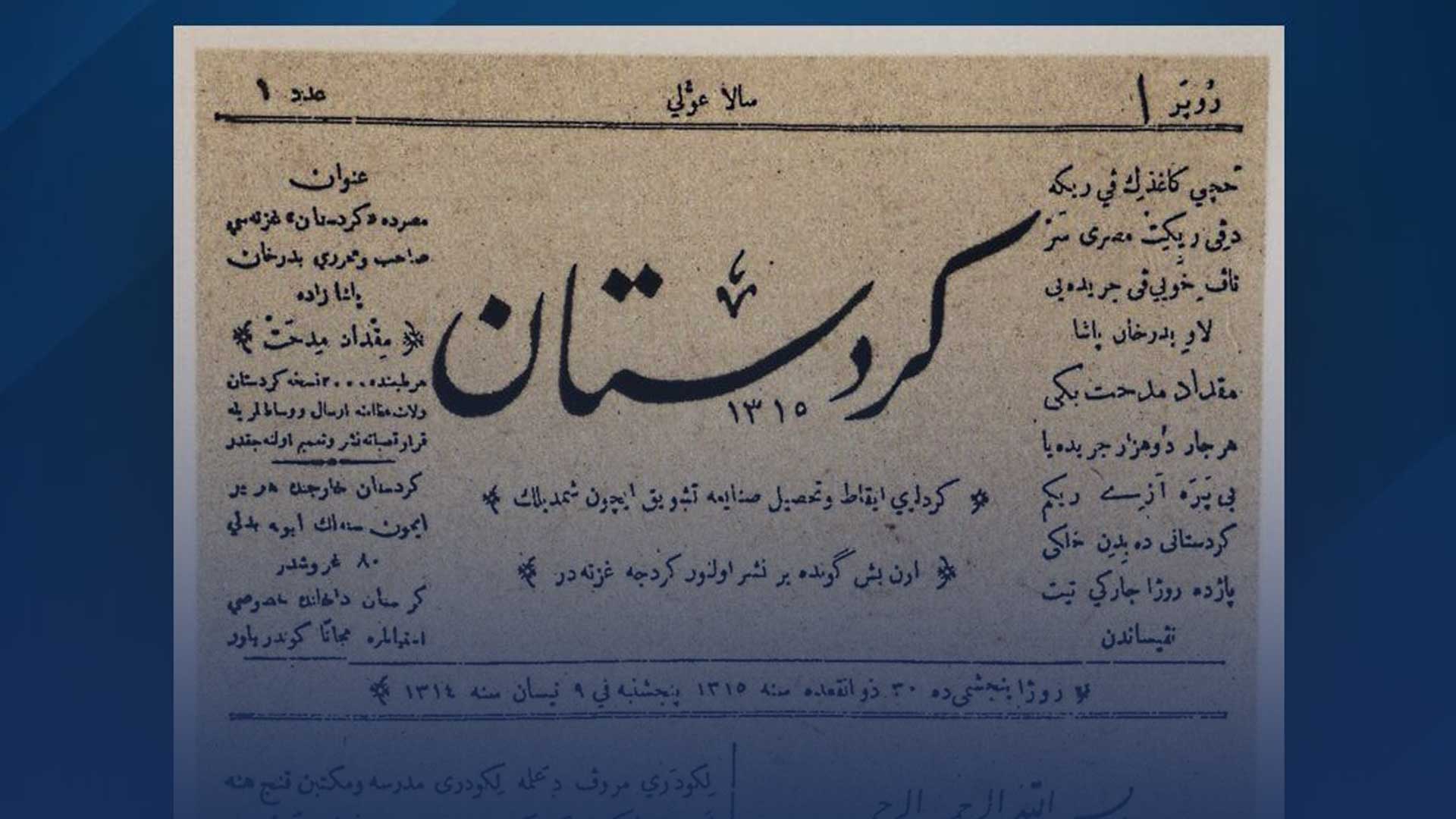
 Application
Application


